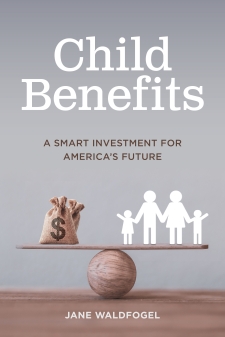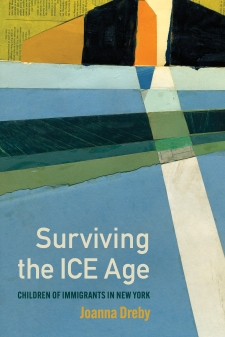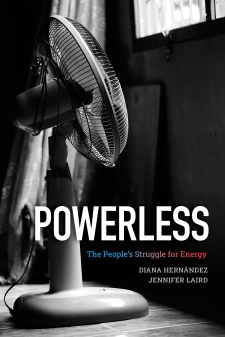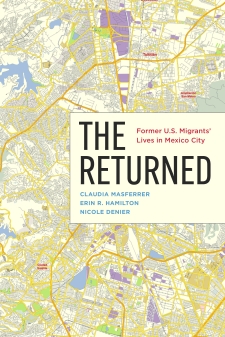Consequences of the COVID-19 Pandemic on Financial Wellbeing: Disparities and the Effectiveness of State Initiatives to Protect Vulnerable Communities
Cofunded with the JPB Foundation
Before the COVID-19 pandemic, 68 million people had debt in collections on their credit reports, with a much higher share of people in financial distress living in low-income neighborhoods and communities of color. The pandemic increased financial distress, as the most vulnerable suffered the greatest job and income losses. States and the federal government implemented many emergency measures during the pandemic to alleviate financial distress, raising questions about changing financial wellbeing and disparities and the extent to which these policies were successful. Economists Breno Braga and Signe-Mary McKernan will analyze the credit records and alternative financial product use of millions of adults, addressing two issues. First, they will document changes in financial wellbeing after the pandemic by estimating how delinquency rates (30 days or more past-due on credit cards, auto loans, and general collections), housing-related distress (mortgage delinquency and foreclosure), and alternative financial product use (such as payday loans) changed and the extent to which changes were greater in low-income neighborhoods and communities of color. Second, they will examine the extent to which state policies offset some of the pandemic’s negative effects on the financial wellbeing of disadvantaged communities. In addition to the federal government’s CARES Act, many states took steps to protect consumers such as instituting freezes on repossessions, suspending wage garnishment, and placing more extensive moratoria on foreclosures and evictions than the federal provisions. Braga and McKernan will focus on two types of state actions: foreclosure and eviction suspensions; and limits on debt collection activities and repossessions.





